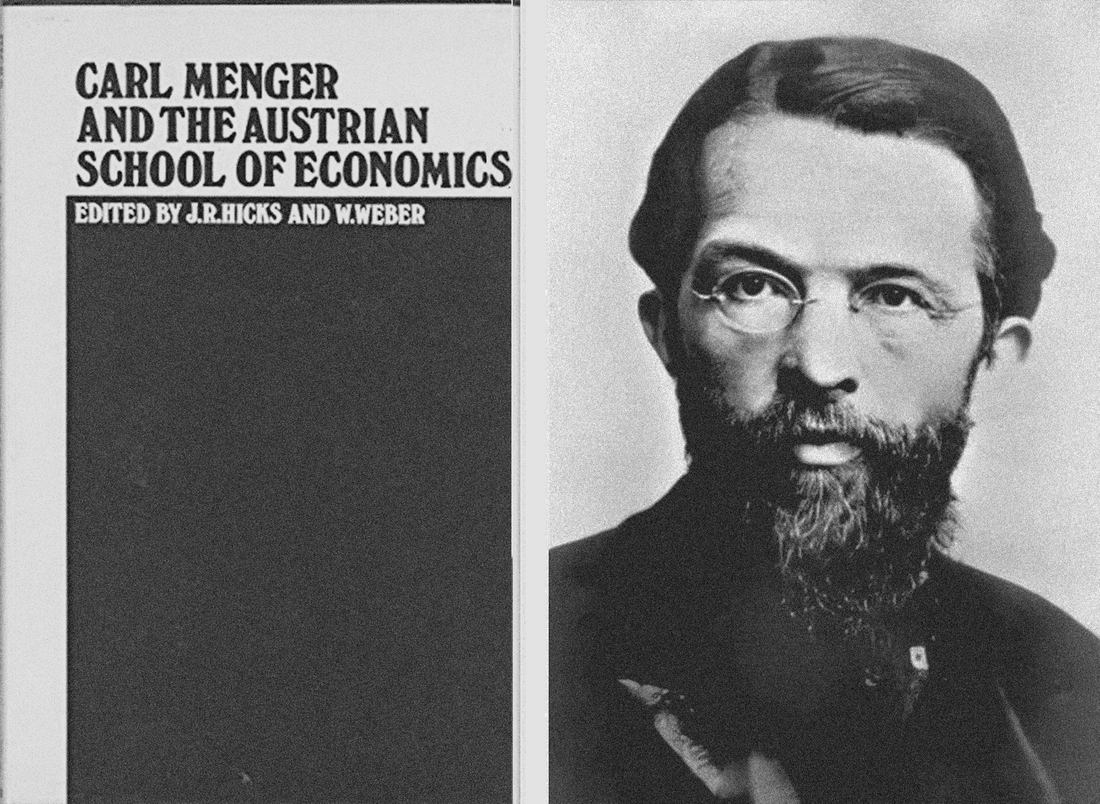Founded in the late 19th century, The Austrian School of Economics represents a distinct approach to economic thinking that emphasises individualism, free markets, and skepticism of government intervention.
Austrian Economics centres on the idea that all economic phenomena stem from individual choices. They argue that value is subjective, determined by personal preferences rather than inherent qualities. Markets work best when prices are free to signal information about scarcity and demand.
Unlike mainstream economics, Austrians reject complex mathematical modelling, believing human action is too nuanced for such simplification. They see the economy as a dynamic process rather than a series of static states
1. Methodological Individualism: They believe economic phenomena must be explained through individual human actions and choices rather than aggregate statistics.
2. Subjective Value Theory: Value isn't inherent in objects but comes from individuals' subjective preferences and goals.
3. Capital Theory: They see production as a complex, time-consuming process where capital goods are arranged in specific structures. Government intervention can distort these structures.
4. Business Cycle Theory: They argue that artificial credit expansion by central banks causes unsustainable booms followed by necessary busts
5. Skepticism of Mathematical Economics: They prefer logical deduction and qualitative analysis over mathematical modelling, believing human action is too complex for precise mathematical prediction.
6. Free Market Advocacy: They generally oppose government intervention in markets, arguing it creates unintended consequences and reduces economic efficiency.
Key Contributions
Carl Menger (1840-1921) founded the school and developed the subjective theory of value, arguing that the value of goods comes from individuals' subjective preferences rather than inherent properties or labor costs. This was a major break from classical economics.
Ludwig von Mises (1881-1973) made crucial contributions to monetary theory and business cycle theory. He argued that government manipulation of money and credit creates boom-bust cycles, and that economic calculation is impossible under socialism because it lacks market prices.
Friedrich Hayek (1899-1992) won the Nobel Prize for his work on how prices communicate information in markets. He warned that central planning can't match the efficiency of free markets because knowledge is dispersed among many individuals. His work revealed why central planning fails - no planner can match the knowledge contained in market prices.
Later thinkers like Murray Rothbard and Israel Kirzner expanded these ideas. Rothbard connected economics with libertarian philosophy, while Kirzner explained how entrepreneurs drive market progress.
Modern Impact and Influence
Though operating outside mainstream economics, the Austrian School's influence remains significant in both economic and political thought. Their impact is most evident in:
Economic Theory:
- Critiques of central banking and monetary policy
- Understanding of entrepreneurship and market processes
- Analysis of how prices communicate information
- Explanations of business cycles
Political Philosophy:
- Development of libertarian thought
- Arguments for economic freedom
- Critiques of government intervention
- Defense of free market capitalism
Their central message resonates in contemporary debates: free markets coordinate human activity more effectively than central planning, and government intervention distorts essential market signals. This insight proves particularly relevant in discussions of monetary policy, regulation, and economic freedom.
The school's emphasis on individual action, market processes, and the limits of centralised control continues to provide valuable frameworks for understanding modern economic challenges. Their warnings about the unintended consequences of government intervention in markets remain especially pertinent in today's complex economic environment.

